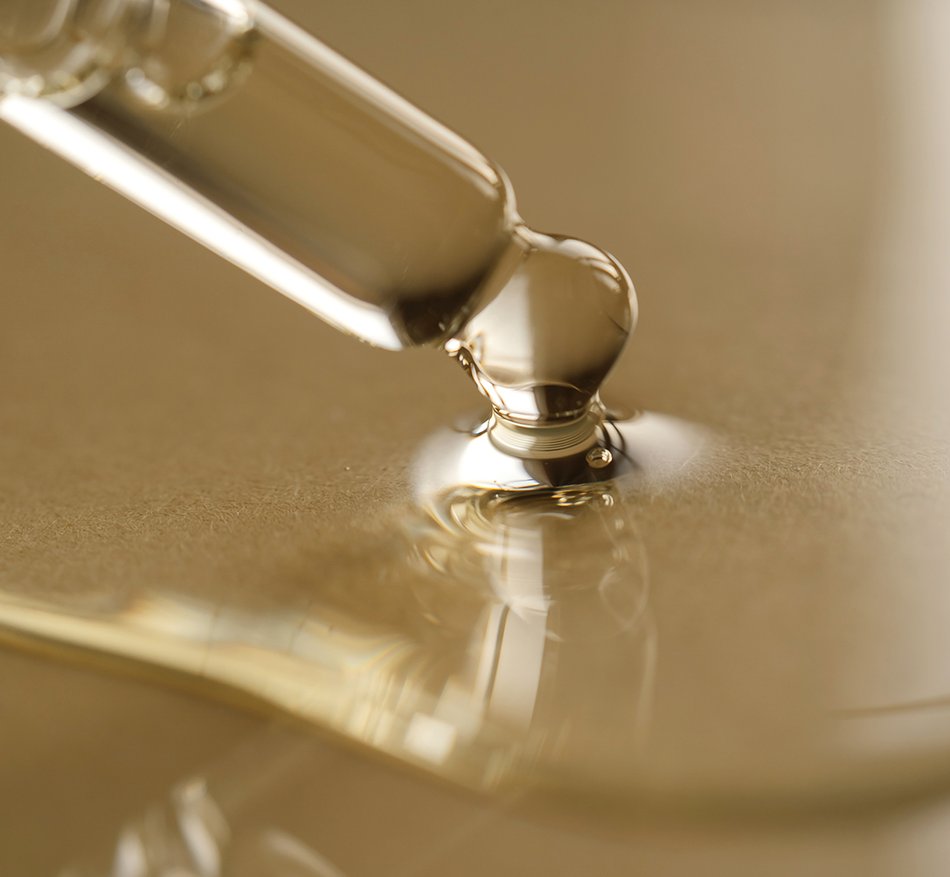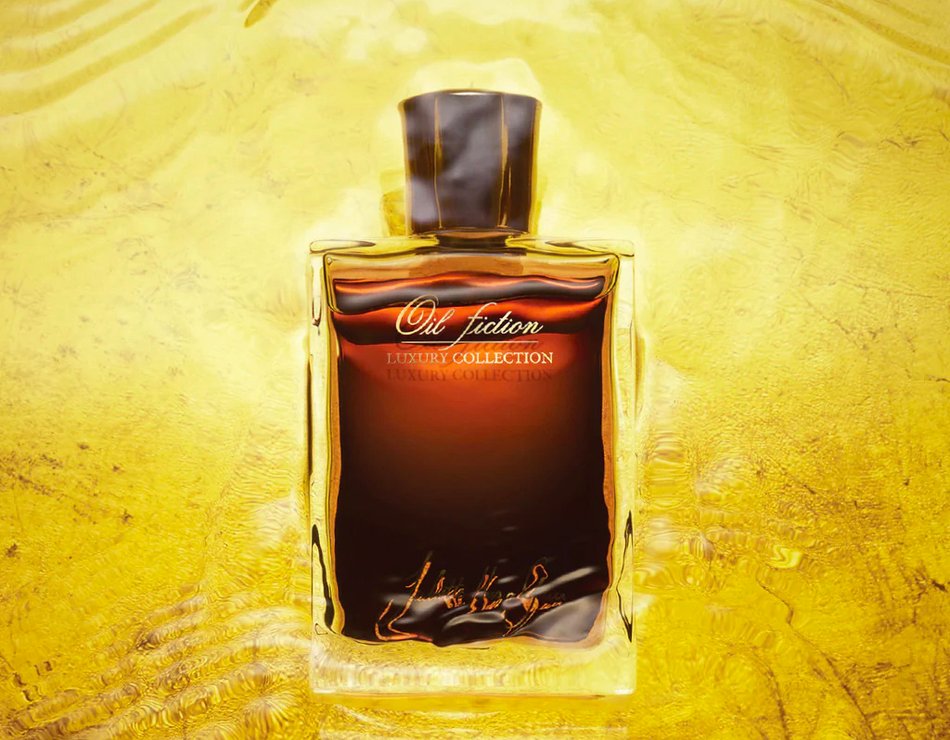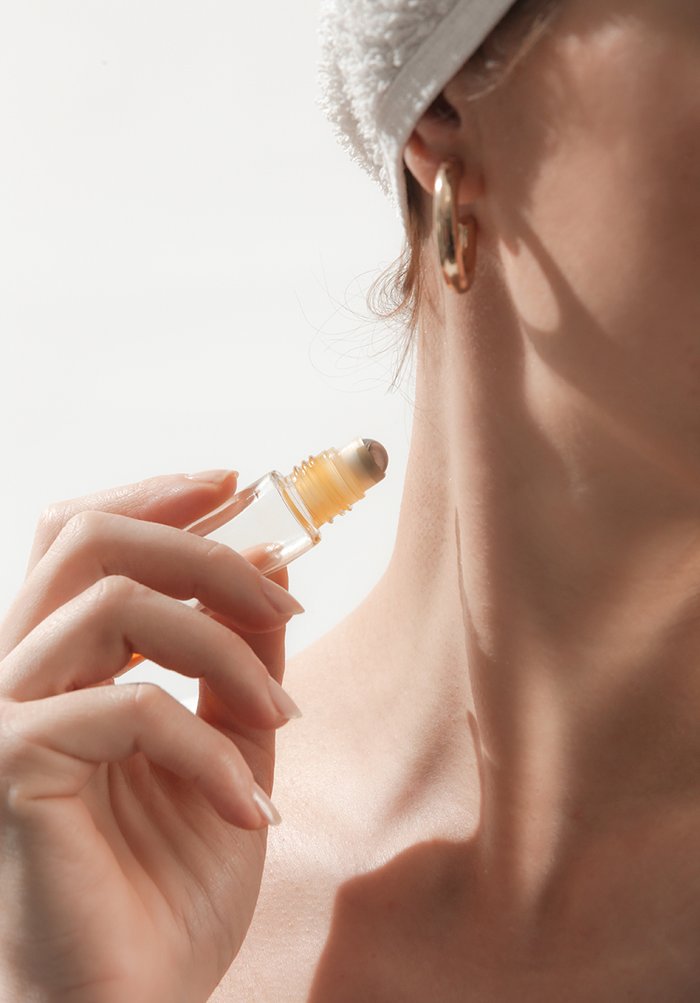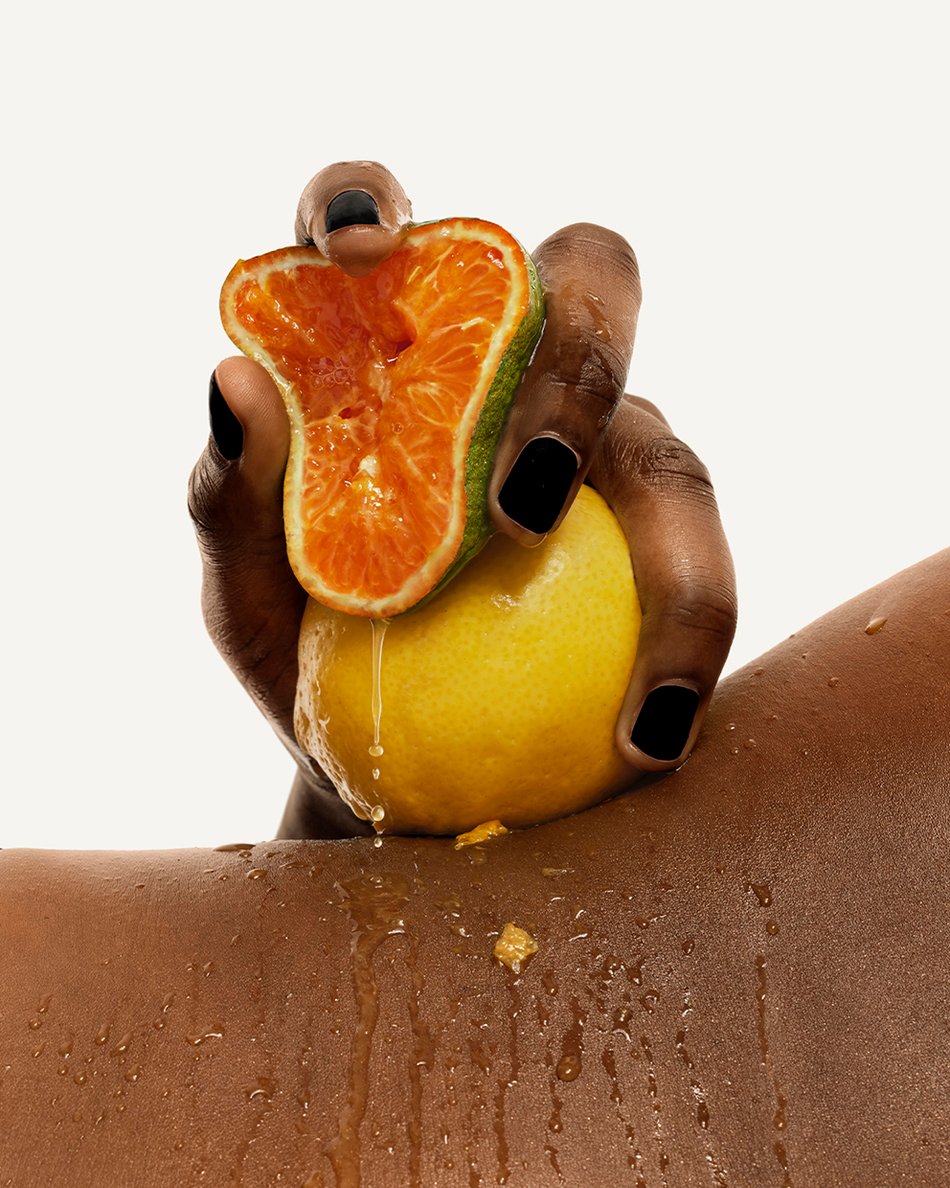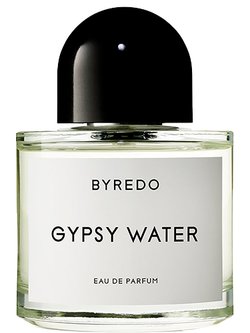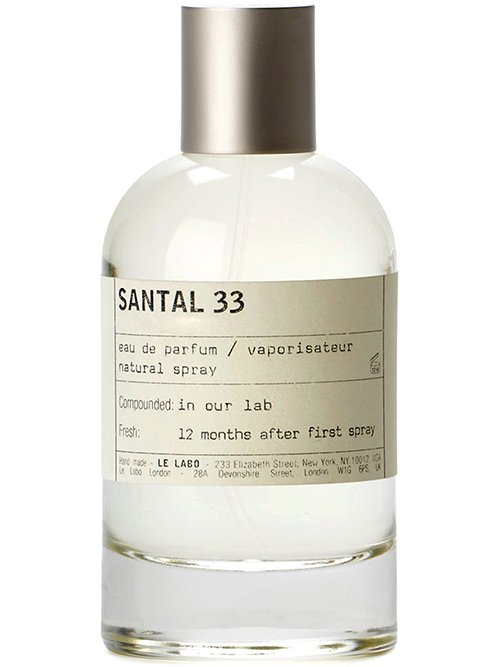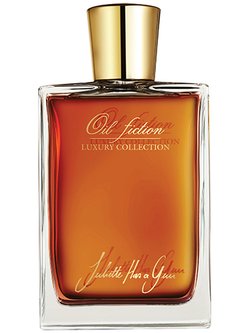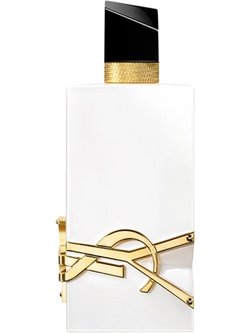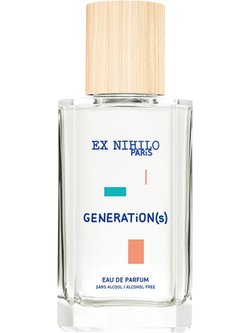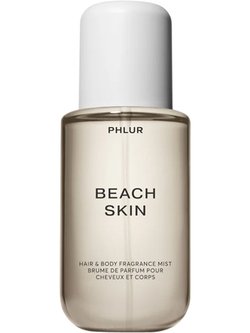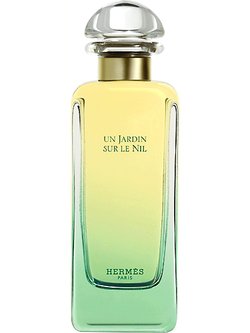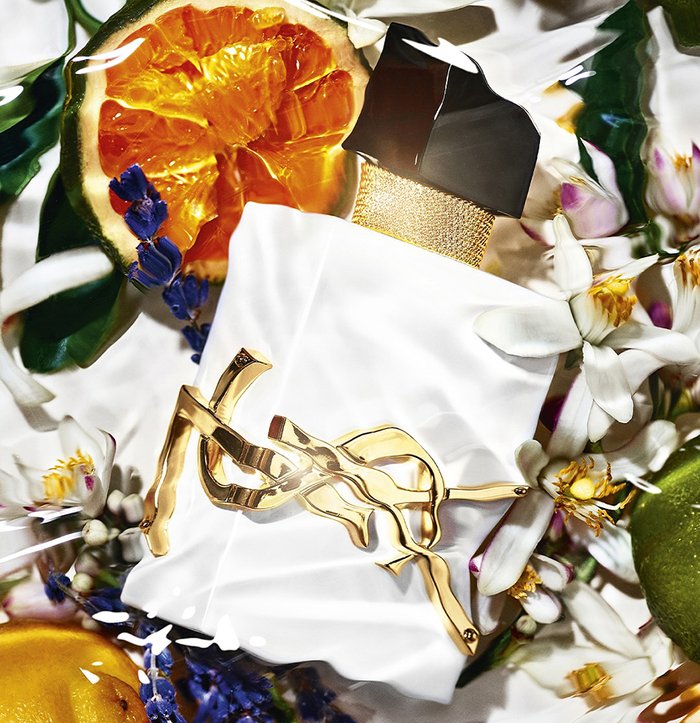
Traditionally, alcohol has been the vehicle of choice in perfumery due to its ability to dissolve essences and project notes. However, a new wave of alcohol-free fragrances–perfume oils, water-based perfumes, or those using alternative technologies–is gaining ground.
More than a trend, these formulas offer new ways of experiencing fragrance: softer, more intimate, and aligned with a desire for well-being.
